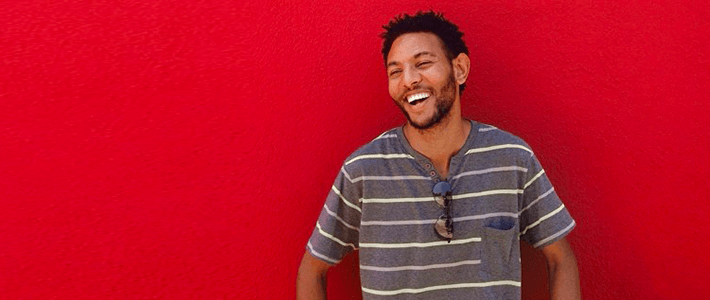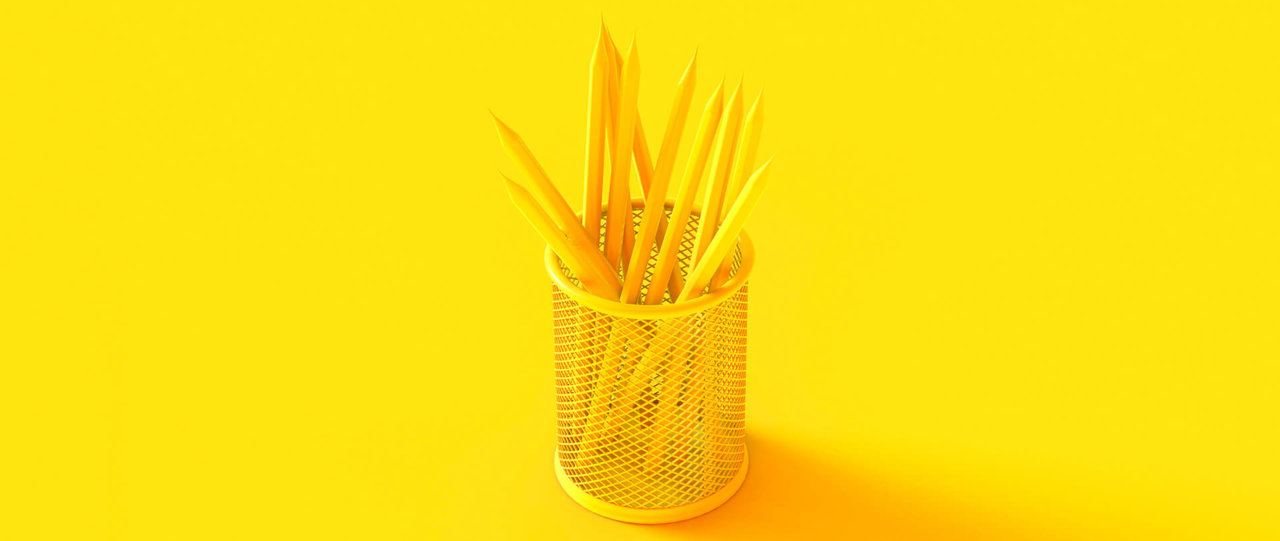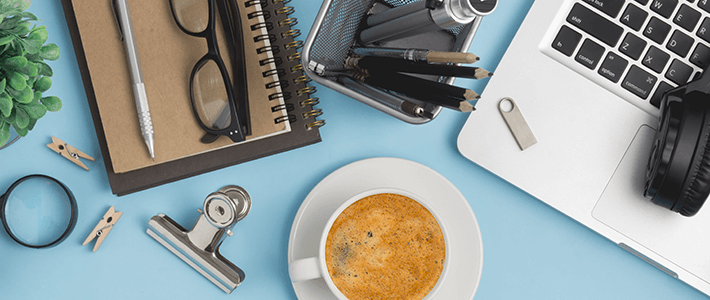During a job interview, body language and other nonverbal communications, are just as revealing as what you say. In this article, public speaking expert Christine Farenc shares her tips to help make sure your nonverbal communication is just as persuasive as your words.
What is nonverbal communication?
The first research into nonverbal communication was performed by Albert Mehrabian in the 1970s. His experiments helped pave the way toward improving our understanding of human communication, by proving that what we say with our bodies can be just as important as what we say with our words.
“When we talk about nonverbal communication, we’re referring to hand gestures, body posture, facial expressions, eye contact, plus rhythm and tone of voice. Your clothes, haircut and handshake are also important forms of nonverbal communication in a job interview scenario,” Christine explains.
Before an interview even begins, recruiters will be trying to work out your personality through visual clues. The reason they do this is precisely because nonverbal communication can say a lot about us, and it’s hard for us to ‘fake’ – especially in stressful situations.
The gestures that give you away
In a recent poll conducted by CareerBuilder, recruiters revealed the most telling signs that a candidate is feeling uncomfortable during an interview. According to them, the most common giveaways are lack of eye contact, forgetting to smile, bad posture and a weak handshake. ‘Closed gestures’, such as folding one’s arms or legs, are also a sure indication that a candidate is not feeling at ease.
The Effects of Stress
Why is controlling body language during an interview so hard? According to Christine, it’s all about stress, and the three effects it can have on us in this type of situation:
It can affect our breathing, changing the way we move. When we don’t breathe correctly, our bodies stop moving with fluidity, making it seem like we are passive, rigid and uncomfortable.
We act not like ourselves. We begin to lose control, talking more rapidly than usual and using awkward hand gestures when stressed.
There’s a lack of consistency in our communication. Our nonverbal communication can fail to match with what we’re trying to say. For example, you say that you feel comfortable with people, but you don’t look your interviewer in the eye as you speak.
So what can we do about it?
Simply being conscious of what our body is doing during an interview can help reduce the negative impact of stress. And once we have awareness we can begin to make adjustments.
Here are a few practical tips from Christine that anyone can work on:
- Maintain regular eye contact with the interviewer – as much as is comfortable..
- Smile! When you are being greeted and when saying goodbye, be sure to smile at your interviewer. And if something is appropriately amusing during your conversation, be sure to smile or even laugh in response.
- Sit facing forward on your chair with your legs uncrossed, feet flat against the floor, hands visible and your arms unfolded. This will communicate openness and ease. Being open begins with posture.
- Back up your words with small hand movements.
- Practice listening attentively. It will help you to answer questions more precisely and help to create a better rapport with your interviewer.
- If offered, ask for a glass of water rather than a coffee. This will avoid further excitement.
- Remember to be yourself. Coming across as natural and authentic is a real strength! Creating a fake persona for the interview will only backfire.
Prior to your interview, be sure to prepare. Christine advises trying to anticipate the questions that the interviewer might ask you, then roleplaying with a friend. Deep breathing exercises on the days leading up to the interview will help you to maintain a steady breathing pattern. And don’t forget to exercise! It can help to channel your energy and calm your nerves. Lastly, positive self-affirmations the morning of the interview can help put you in a good mood.
We hope these pointers have been helpful. Let us know if you were able to implement any of these tips. And good luck with your interview!








